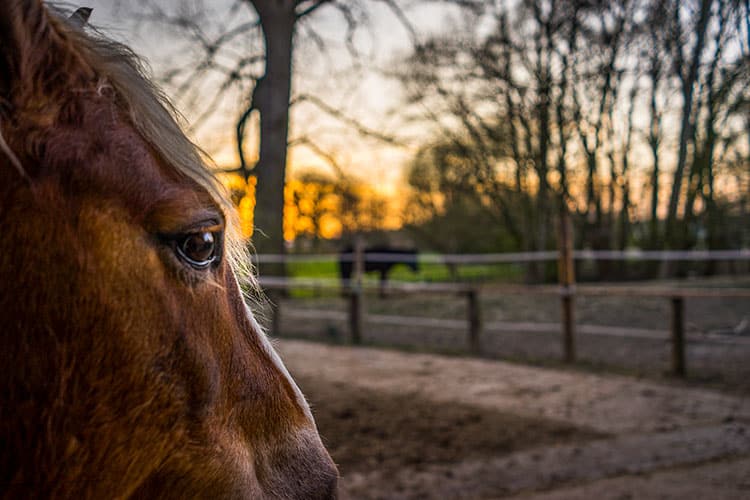
Planning for Your Horse’s Show Season Success
Three top sports medicine veterinarians say the best way to stay competitive is by developing a proactive approach to managing every aspect of your horse’s health and soundness.

Three top sports medicine veterinarians say the best way to stay competitive is by developing a proactive approach to managing every aspect of your horse’s health and soundness.

Here’s what to know about horse inspections, which are designed to evaluate the horse’s fitness to compete.

Here’s a look at how equine practitioners are managing during COVID and embracing the “new normal.”

From infections and trauma to blockages and growths, here’s what your vet might find within your horse’s head region.

Telemedicine is growing in popularity among veterinarians and clients, but it doesn’t come without risks.

Are you preparing to send your veterinarian a photo of your horse’s most recent injury? Consider these tips first.

Clinician: Technology helps veterinarians improve treatment outcomes and provide life-saving advice to horse owners in isolated, rural areas.

Learn about the vaccines your horses might need based on their lifestyles and risk of exposure. Sponsored by Boehringer Ingelheim Vetmedica.

Diagnostic imaging technology has improved tremendously in the past few decades, with several effective options to choose from. Learn about the machines and technologies your veterinarian can use to look inside your horse, including MRI, CT, PET scans, and more.

Learn what veterinarians are doing to improve how they control equine pain.

Three practitioners share advice on how to best care for your horses following a disaster.

He might seem perfect—but before you call him yours, determine if a horse is sound and serviceable for the job at hand and if you can live with his inevitable flaws.

Here’s what to expect if your horse needs to undergo gastroscopy, the only surefire way to check for equine gastric ulcers.

Learn what steps you and your veterinarian can take to get to the bottom of subtle horse health problems.

Survey: Owners generally like trying out complementary and alternative therapies on their horses. But they don’t always tell their veterinarians about it.

Pituitary pars intermedia dysfunction (PPID, or equine Cushing’s disease) is caused by an enlargement of the pituitary gland’s middle lobe (the pars intermedia), which results in an overproduction of hormones that regulate bodily functions. Learn more about this disease in our slideshow.
Stay on top of the most recent Horse Health news with
"*" indicates required fields